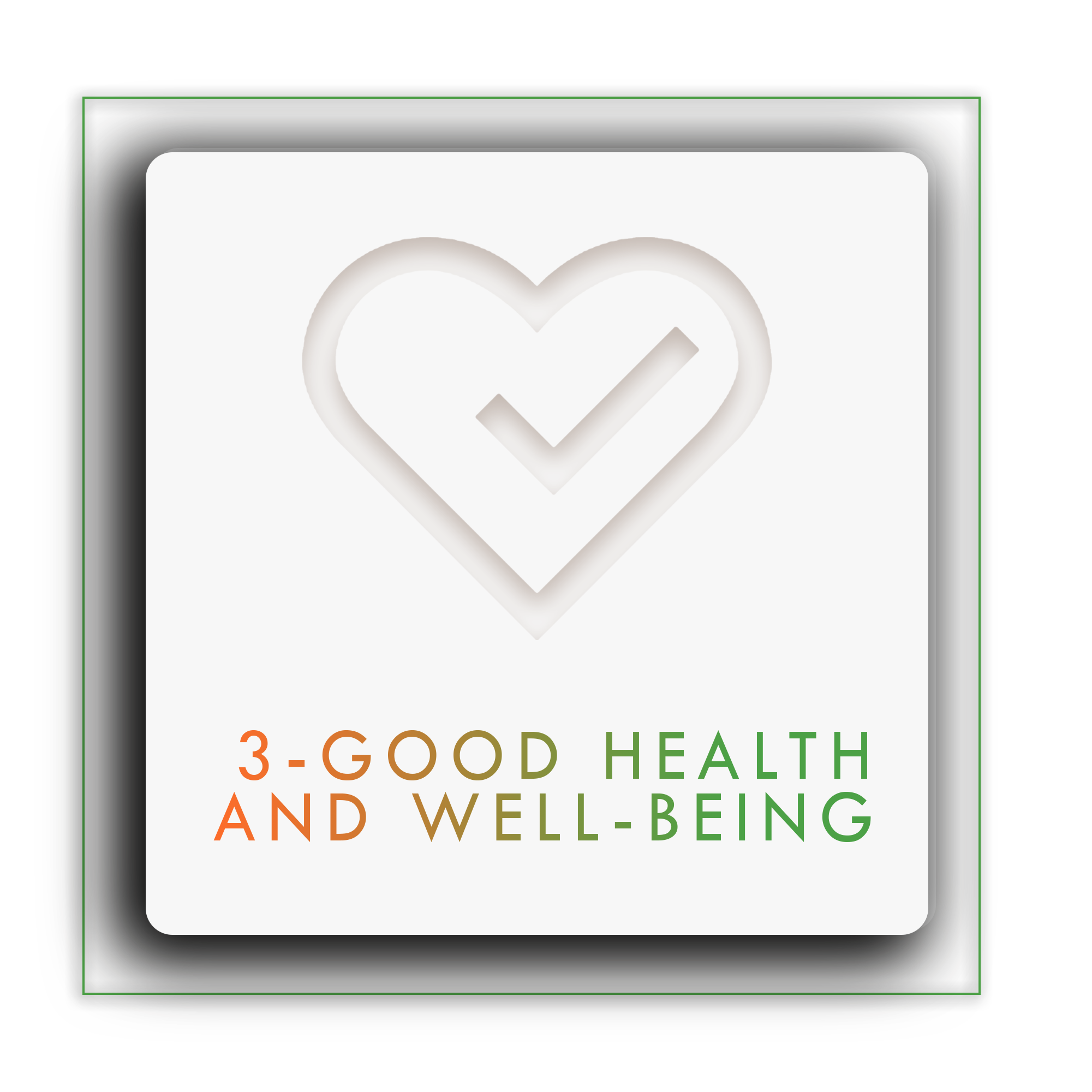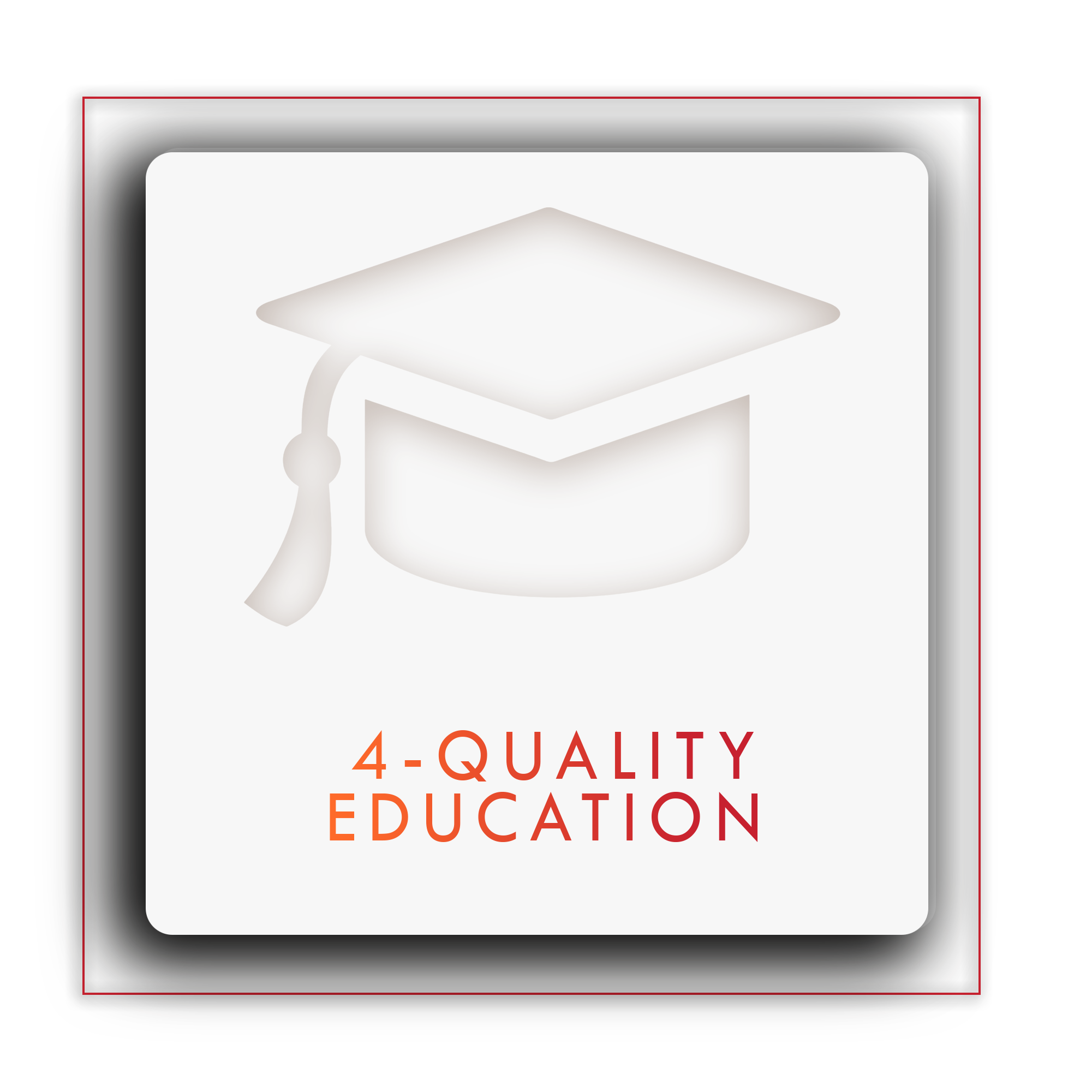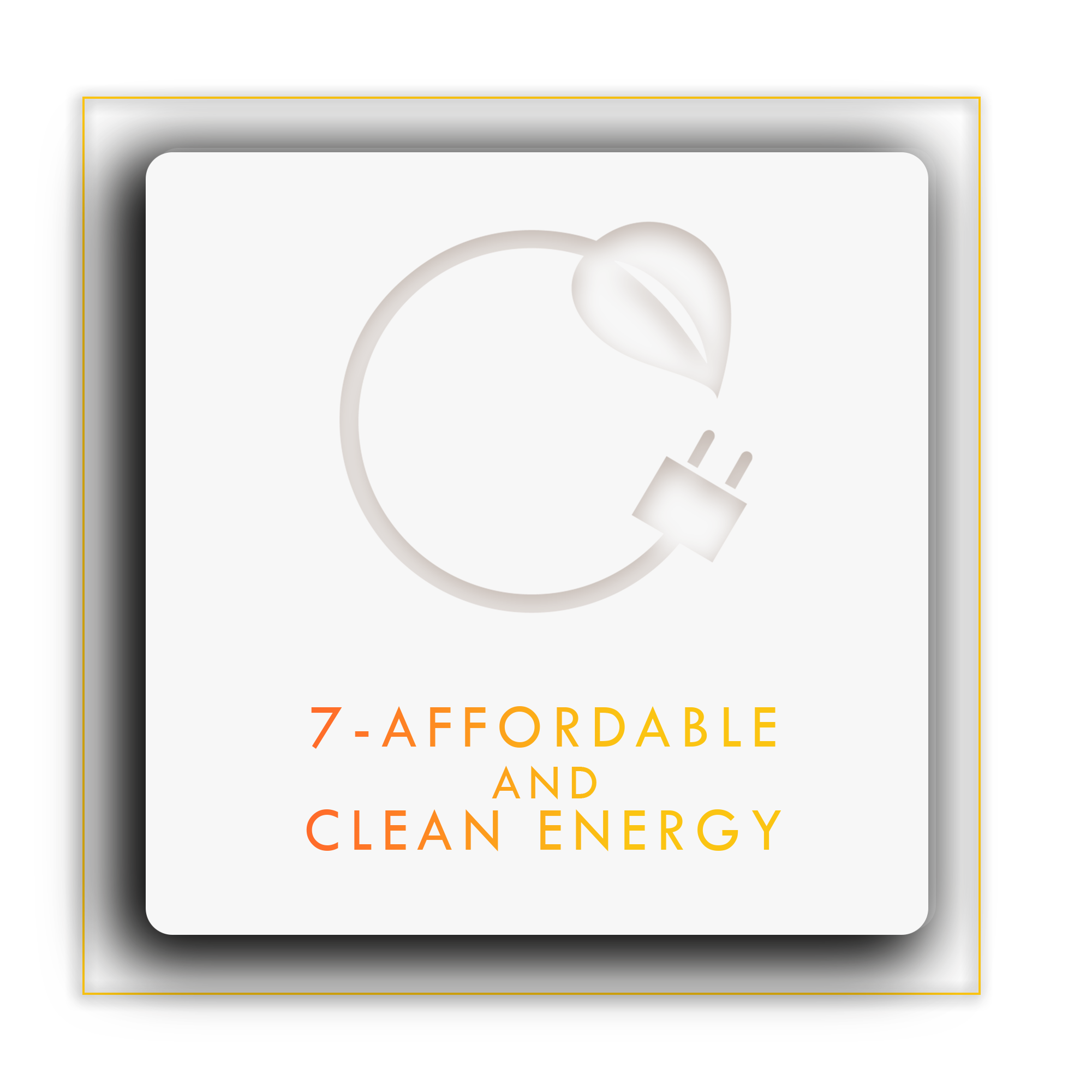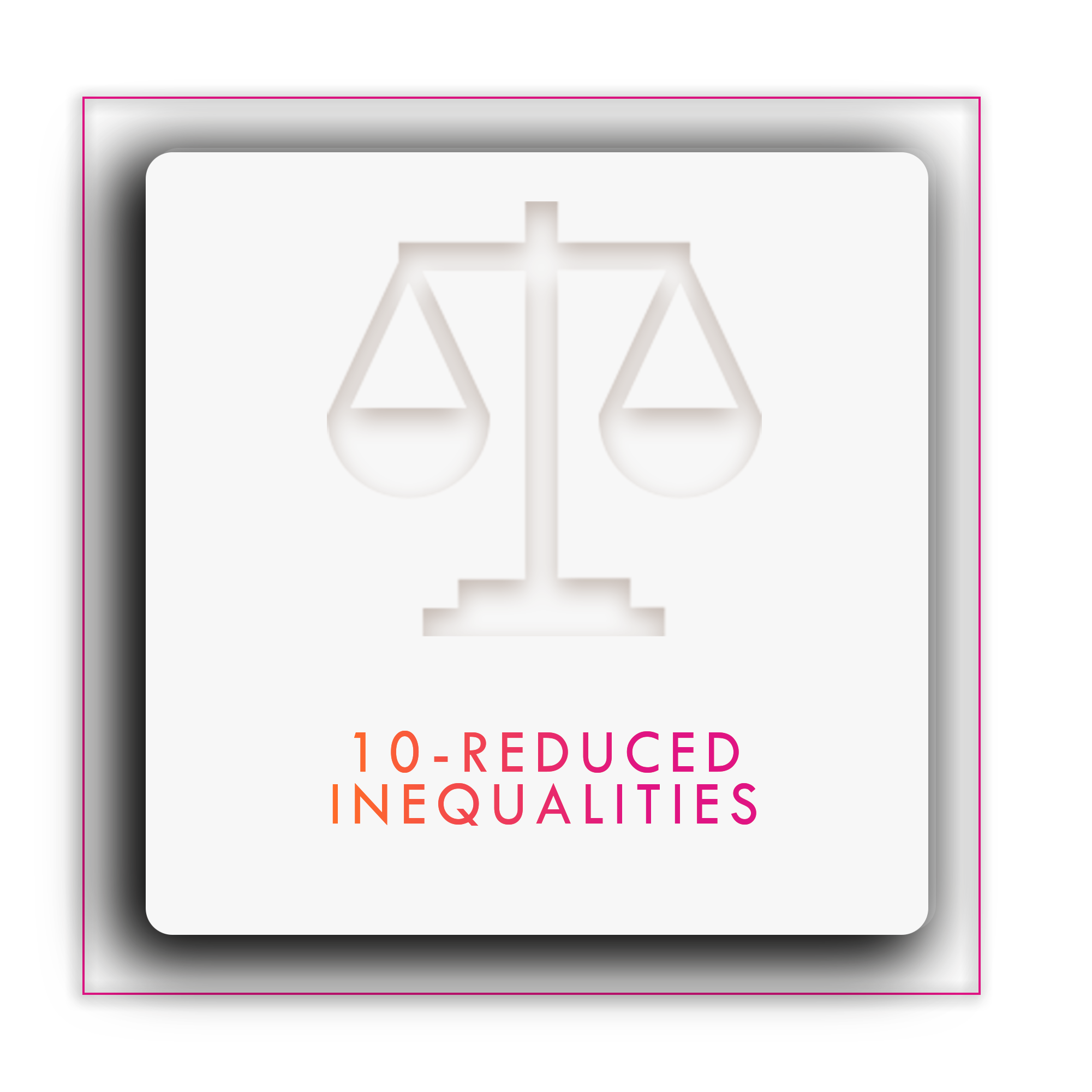Communication, Trust and Health During Power Outages
At the beginning of an outage, people seek information, both from power companies and from each other. For individuals, information seeking often includes two questions: why did the power go out, and when is it likely to return? If communication is effective -- meaning both questions are answered -- individuals are able to plan care for loved ones during the outage, decide what supplies are needed, and decide whether they should evacuate the area. If communication is ineffective -- the questions are not answered or the power companies do not answer confidently -- individuals are unable to plan their response to the outage. Ineffective communication is directly tied to decreased trust in power companies during an outage(1).
Decreased trust has impacts on utility companies' initiatives and on the health of individuals. A decrease in trust leads to more resistance to future initiatives by power companies, including energy efficiency incentives, time of day pricing programs, power management technologies, and green technology initiatives (2). RWI Synthetics also noted a trend that those who have low trust in utilities are more likely to look elsewhere for their power needs, and may adopt backup power measures like generators or photovoltaics and storage. Low trust also leads to increased negative health outcomes. A study conducted after hurricane Katrina found that individuals who mistrust their information sources, such as the government, are less likely to follow preparedness directives by said sources, resulting in worse health outcomes (3). People classified as having low socio-economic status are often unable to prepare and less likely to trust formal institutions such as utility companies. These most vulnerable groups are, therefore, at a higher risk of experiencing serious post disaster consequences (4). Higher levels of trust in populations, not only affects utility companies’ ability to further their own initiatives, it is also closely linked to the resulting health of their customers.
Better communication influences customer retention after an outage and the engagement of customers with power utilities. It can also mitigate serious health risks posed by disasters through increasing trust. Communication is a key factor in disaster response and its applications should be examined further in other industries such as public health and government policy.
Rogers, B.M. & Rubin J. G. (2019). Behavioural and psychological responses of the public during a major power outage: A literature review. Disaster Risk Reduction. 38(101226). Retrieved from: https://www-sciencedirect-com.login.ezproxy.library.ualberta.ca/science/article/pii/S2212420919300317?via%3Dihub
Cherry, T. L. & Whitehead, J. C. (2007). Willingness to pay for a Green Energy program: A comparison of ex-ante and ex-post hypothetical bias mitigation approaches. Resource and Energy Economics. 29(4), p. 247-261. Retrieved from: http://libres.uncg.edu/ir/asu/f/Whitehead_John_2007_Willingness_to_Pay.pdf
Bainbridge, A. A., Barnett, D. J., Feroz, S., Hoolachan, J., Kohn, S., & Lipkowitz Eaton, J. (2012) Personal disaster preparedness: An integrative review of the literature. Disaster Med Public Health Preparedness. 6, 217-231. Retrieved from: https://doi.org/10.1001/dmp.2012.47
Barber, T. M., Rowel, R. & Sheikhattari, P. (2011). Introduction of a guide to enhance risk communication among low-income and minority populations: A grassroots community engagement approach. Health Promotion Practice. 13(1), 124-132. https://doi-org.login.ezproxy.library.ualberta.ca/10.1177/1524839910390312
RUNWITHIT is actively working to contribute to the United Nations Sustainable Development Goals (SDG’s). This project has contributed to the following SDG’s:





